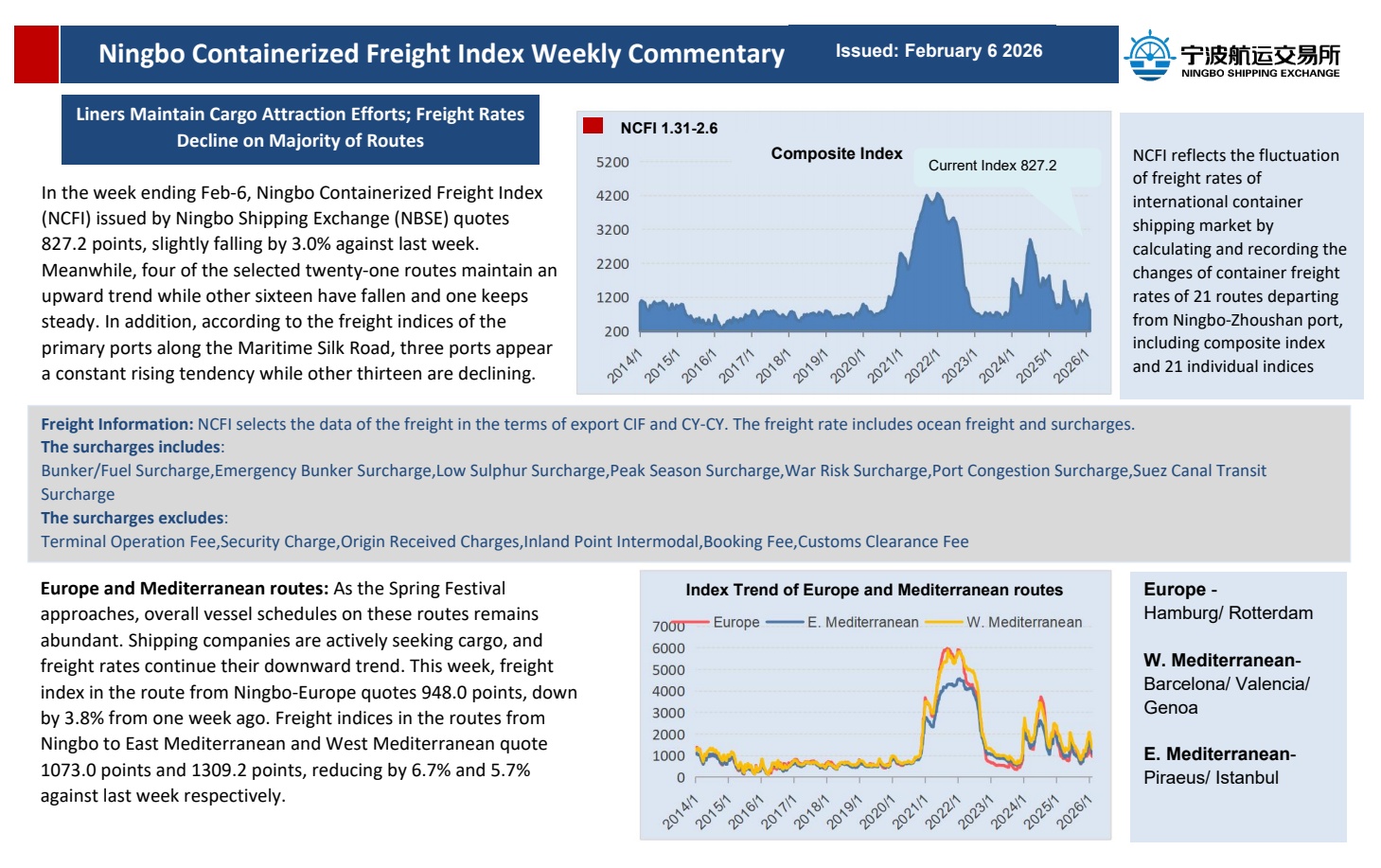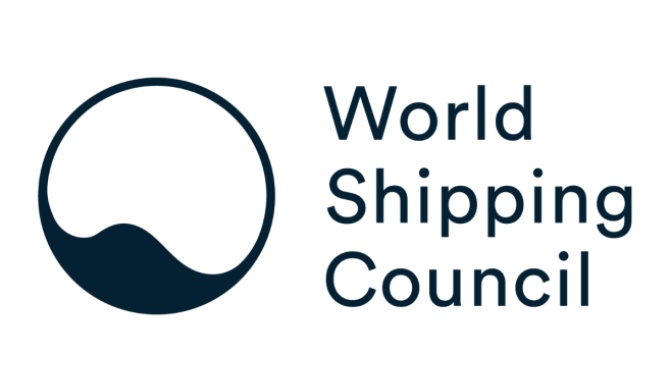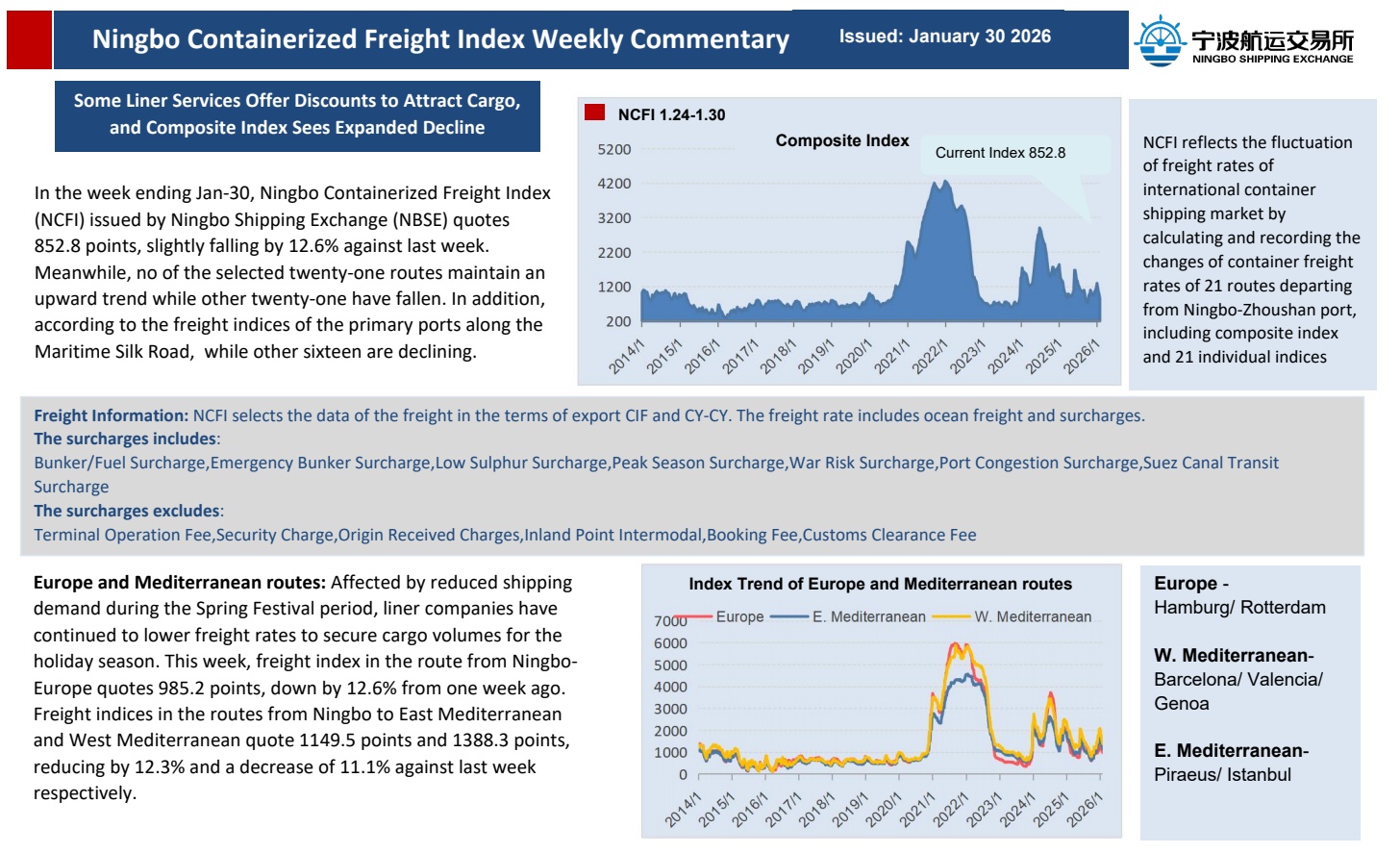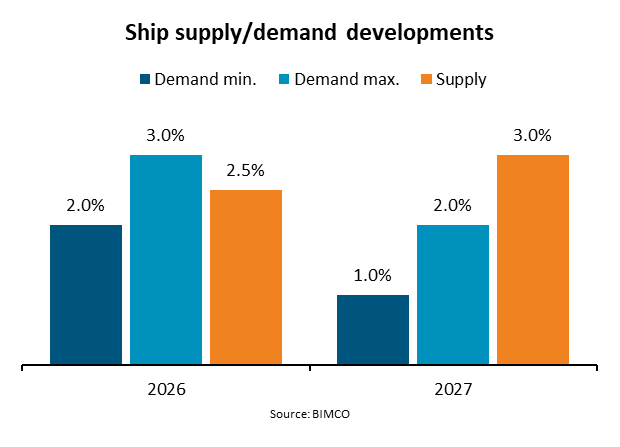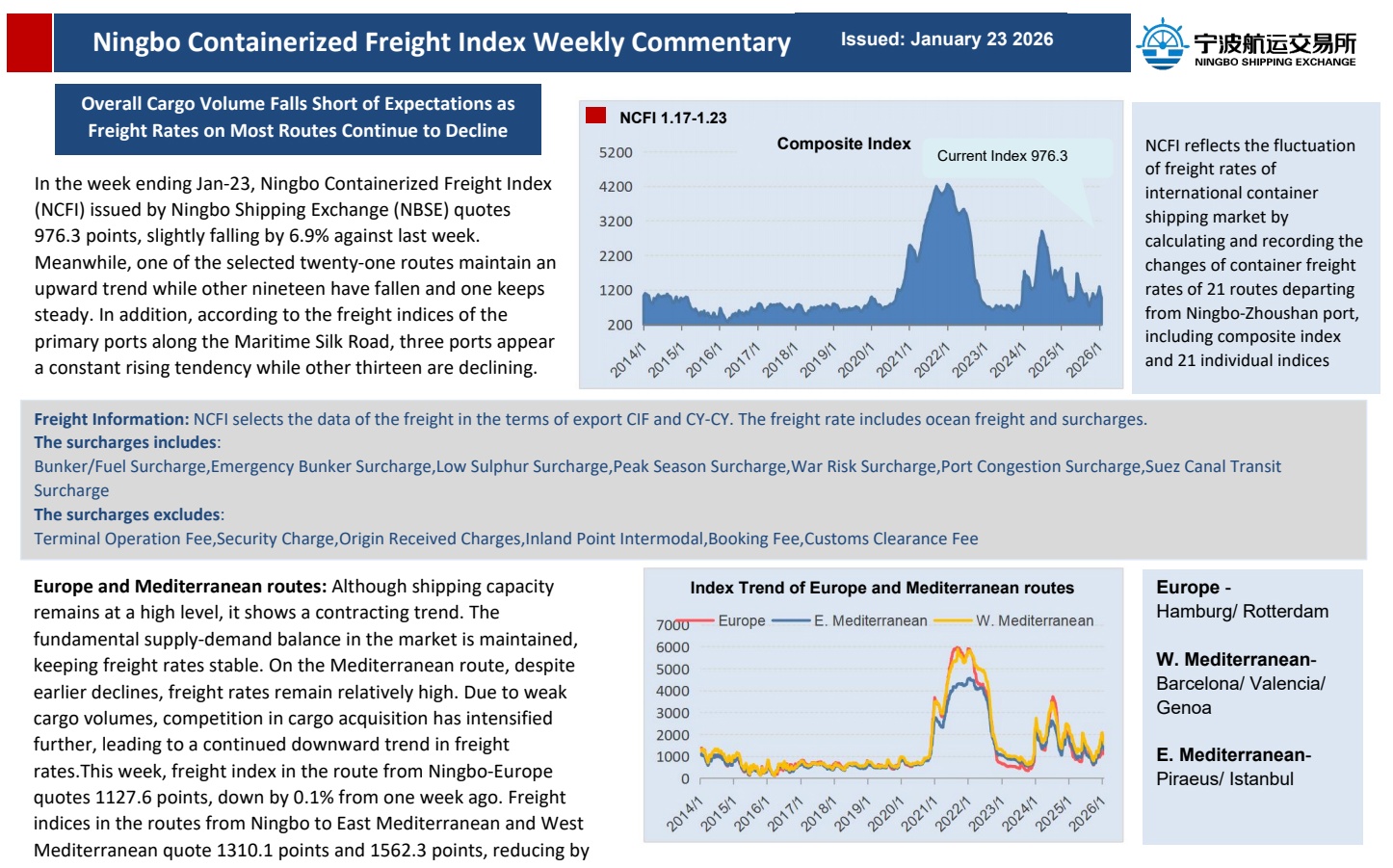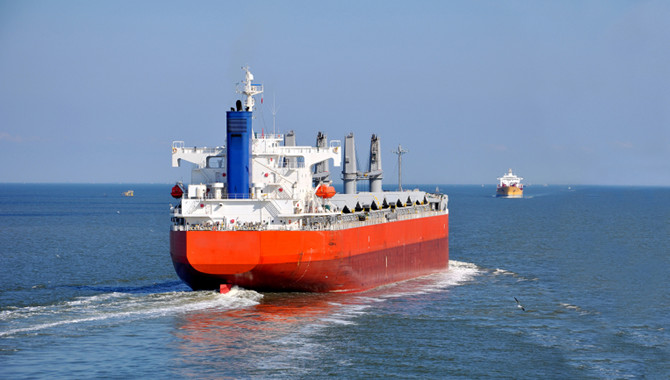
Lubricants and greases are essential for machinery to work smoothly. They increase performance and prevent corrosion , which is especially important on seaborne vessels that travel across the ocean.
Parts of these well-oiled machines make contact with bodies of water, which is why Chevron has expanded its range of environmentally acceptable lubricants (EALs) suitable for marine applications.
“If you have equipment on deck that will never touch water, you can use a normal grease, but if there is potential water to oil contact, you have to use an environmentally acceptable lubricant,” said Simon Chung, Chevron Marine Lubricants Global Product Life Cycle manager.
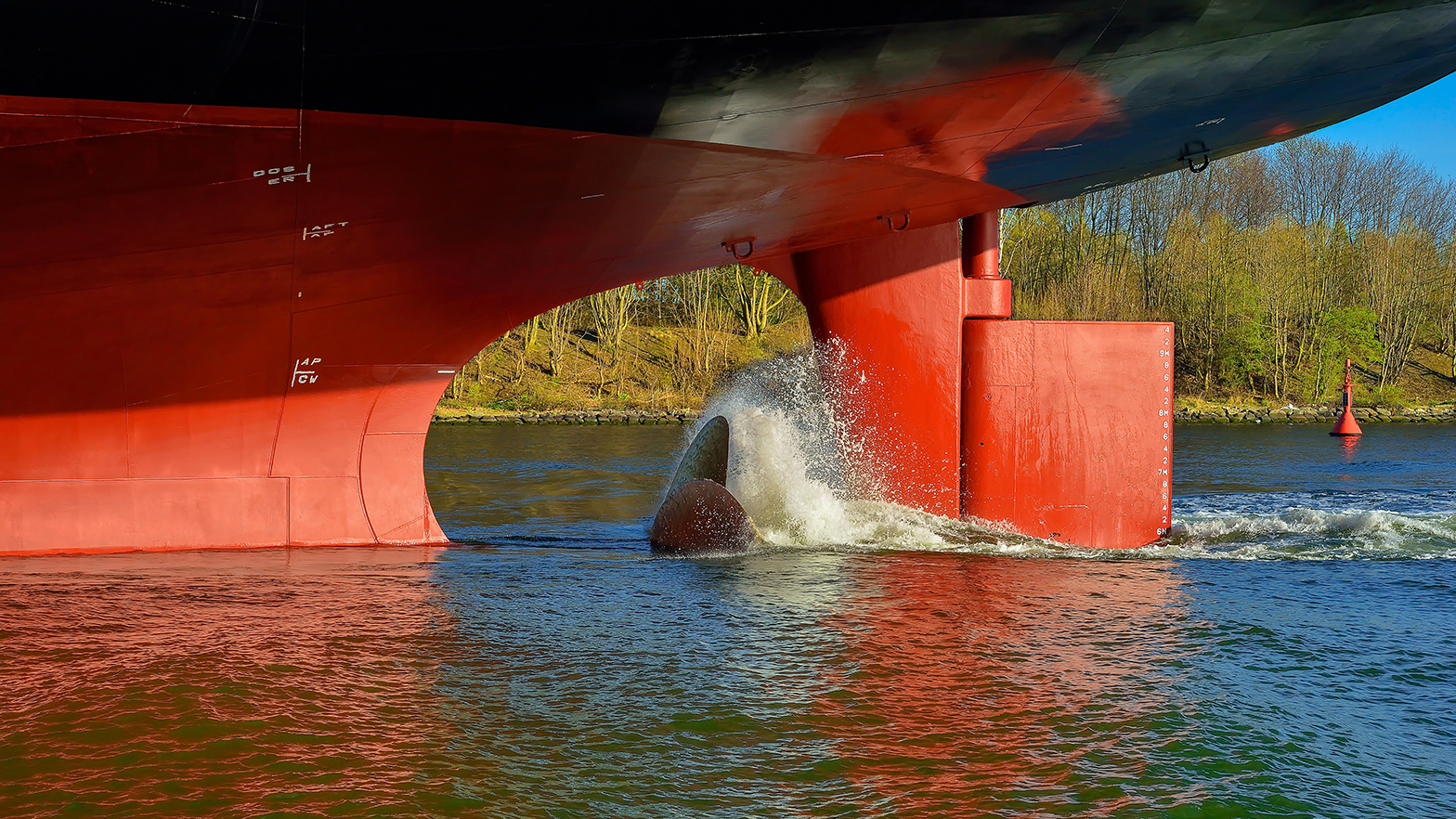

why it matters
Historically, lubricants and greases have been petroleum-based products. Our latest EAL is instead made from biodegradable ingredients.
A lubricating grease consists of a mixture of base fluid, thickener and additives. The additives provide protection against oxidation and corrosion, while the base fluid and thickener provide the required physical characteristics.
“EALs are typically formulated with biodegradable components, something that degrades under natural conditions.” Chung said. “Furthermore, there could be requirements for the use of renewable components to meet certain registrations and labels.”
While we are focused on marine vessels because of oil and water contact, our EALs are also being used in other environmentally sensitive applications, including forestry and agriculture.
more on that
Clarity Synthetic EA Grease 0 is suitable for a range of marine applications, including rudder carrier bearings, slides, hinges, submerged pumps and propeller caps. Since rudders steer ships, keeping them lubricated is especially important.
Source: Chevron
The opinions expressed herein are the author's and not necessarily those of The Xinde Marine News.
Source: Chevron
The opinions expressed herein are the author's and not necessarily those of The Xinde Marine News.
Please Contact Us at:


